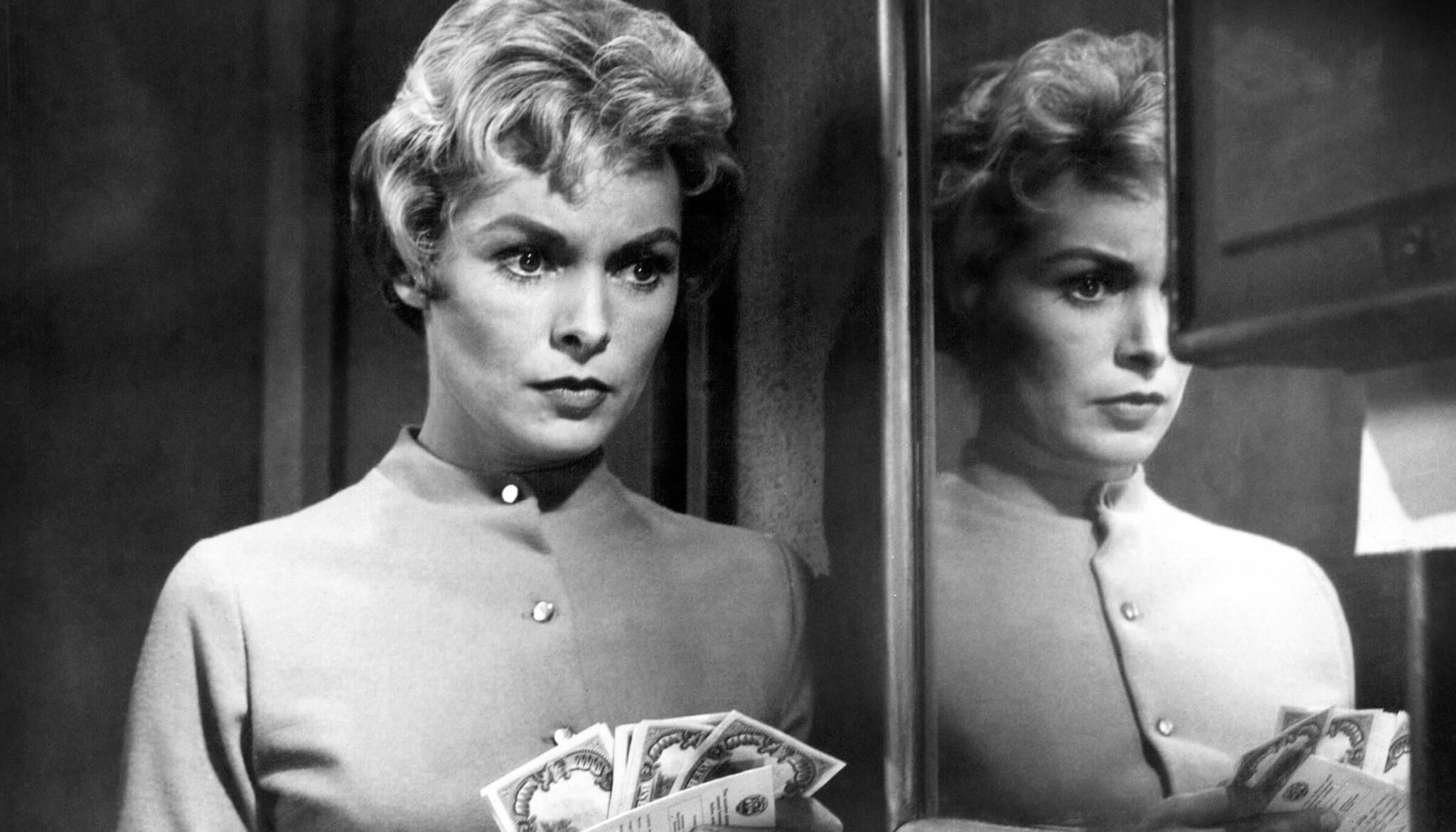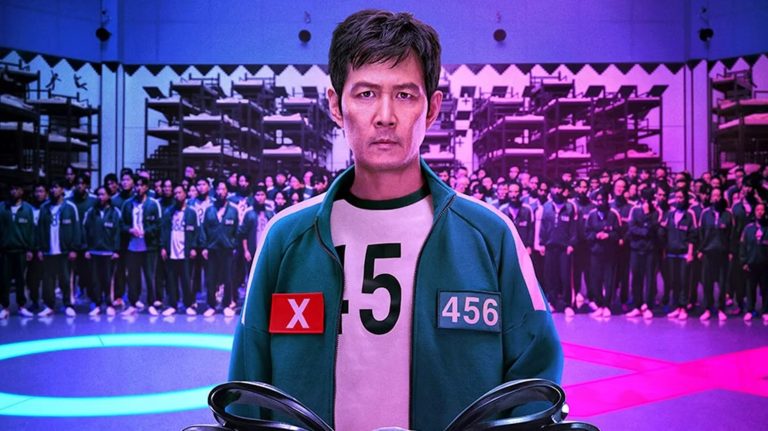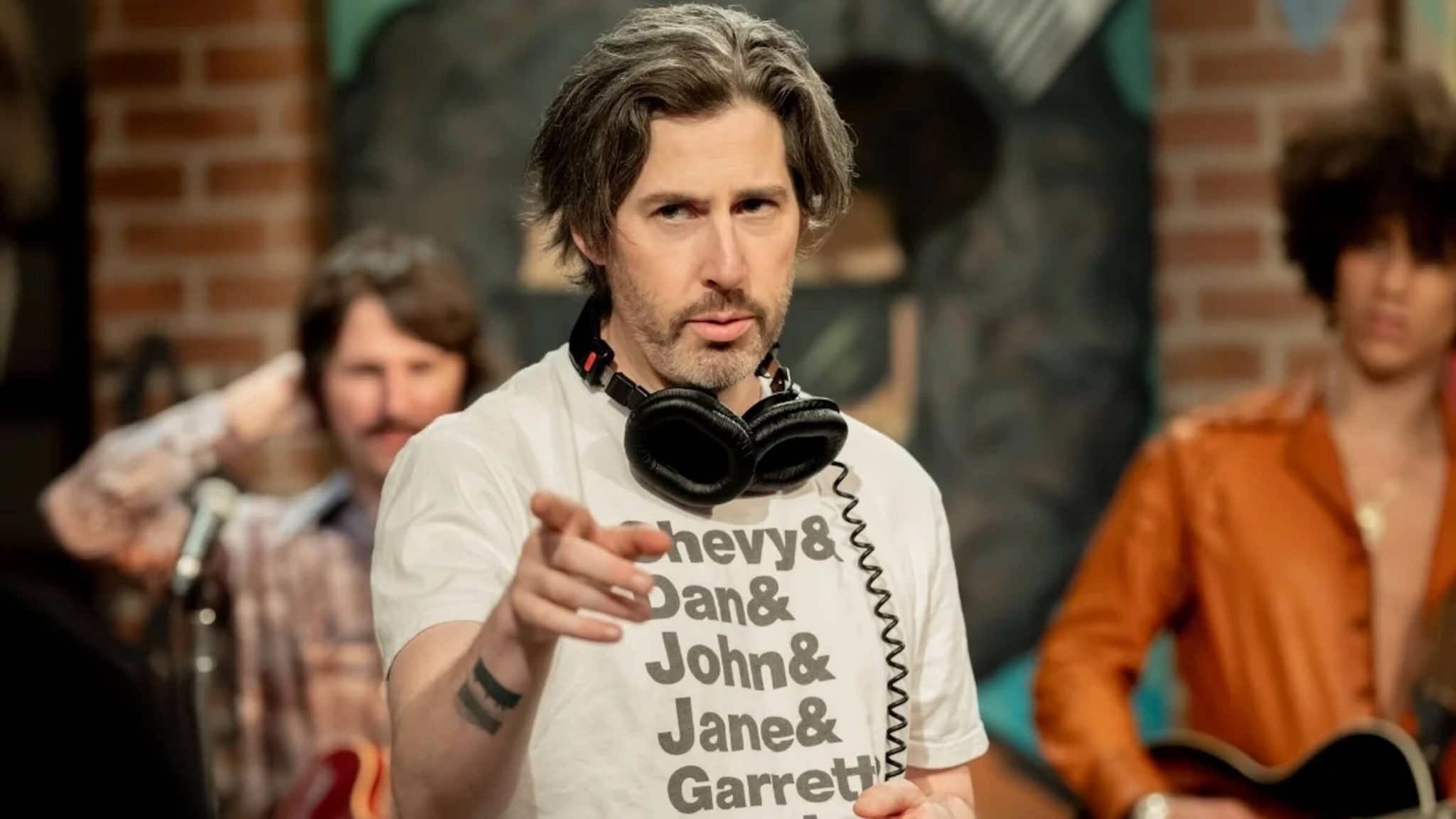10 Reasons to Consider Killing Your Main Character

When and why should writers kill off a main or significant supporting character?
As you develop stories, you always need to be looking for opportunities to shake things up, inject more conflict for characters to deal with, and surprise the reader and audience. These are the elements that you need to ensure that your stories are compelling and engaging.
Things need to happen. Routine storylines do nothing more than bore the reader or audience. And because of this truth, you're going to have to find story points and plot devices to make your story and characters more interesting and impactful.
And there's no more compelling and engaging plot device than killing off a major lead or supporting character.
Here we share ten simple and straightforward reasons you should consider killing someone off within your story.
Beware of spoilers!
1. To Add Stakes to Your Story
The best screenplays and novels showcase genuine stakes that your characters must face. Stakes inject more conflict into the story — and conflict is everything when it comes to an engaging and compelling screenplay or novel.
If the reader or audience doesn't feel like any of your major characters are going to be in harm's way (stakes), their investment within the ongoing drama isn't going to be that strong. And when they're not invested, you're not doing your job as a writer.
Killing off a major character can show that the villain, antagonist, or threat means business. They or it isn't going to let anyone off the hook. When you create that tension by killing off a character that the reader or audience has grown to love or empathize with, you're creating an atmosphere of uncertainty that drives the narrative and raises the stakes of your story.
2. To Inject Empathy
Empathy is a vital part of storytelling. You want to affect the people that are experiencing your stories. And the easiest way to accomplish that is by having them live vicariously through your protagonists. One of the strongest emotions is sorrow. When someone loses somebody close, the sorrow they feel is deep. And that is something that everyone can relate to.
When you kill off a parent, grandparent, sibling, mentor, best friend, or peer, people empathize with the loss of that character, as well as with those that mourn them.
3. To Create Catharsis
Catharsis is the feeling we feel after the resolution of the story and the protagonist’s overall journey. It is what we feel when we leave that theater, finish that episode, or close that book.
How are you going to affect the reader or audience enough for your story and your characters to stick with them when the story is finished?
Killing off a character can create a memorable cathartic experience.
Look no further than the surprise death at the end of Seven.
That revelation shocked audiences and left an unsettling feeling. We feel remorse. We feel the protagonist's loss. And that cathartic experience stays with us.
4. To Add Tragedy and Despair to Your Story
Maybe your story is too light? Maybe it lacks in stakes? Maybe things are coming to your protagonist too easily?
Tragedy and despair are powerful story elements. If you feel that your story needs a little more oomph, those two elements may just be the answer. And what is more tragic than the death of a beloved character?
5. To Add a Twist
Audiences love twists. And what better way to shock the reader or audience than to kill off one of your main characters?
Plot twists allow the writer to change the trajectory of the story. It is less of a reset or redirection than a shakeup and wakeup call to make sure that everyone is awake, engaged, and invested.
For film and television, audiences crave surprises. They love what lurks in the shadows. They love the unknown. And when you kill off a major character unexpectedly, it's a twist that forces them to experience the unknown consequences and repercussions of what has just happened. And that is a thrill.
6. To Avoid Complacency as a Writer
You may very well have a solid plot with interesting characters, but complacency is the writer's worst trap to fall within.
Any good writer can plot a story together, taking a character or group of characters from Point A to Point Z. But the best writers know how to challenge themselves.
Take a look at your screenplay or novel and challenge yourself by asking, "What would happen if I killed X character?"
This type of question should create several branches of story possibilities within your imagination as you consider the many different story trajectories that could come about as a result of a character being killed off.
And those different branches and trajectories are what allow you to grow as a writer. You'll analyze. You'll imagine. You'll problem-solve. All because you got out of your plot comfort zone by killing off a character.
7. To Increase Emotion
Yes, empathy is an emotion that you want the reader or audience to experience within your story. But the emotions of your characters are the doors that they can take to experience that empathy.
When you kill a character off, you open yourself up to the opportunity of showcasing the emotions of the other characters dealing with that loss.
And those emotions they feel can be very telling.
Characters could be glad, mad, or sad. The death could rock their world or challenge them in different ways.
The easiest way to create emotion within a character is to present them with something immediate and tragic. The death of a family member, friend, or foe will present the best opportunity to inject a lot of emotion within your story.
8. To Create, Turn, or Complete an Arc
Where would Carl's character arc be without the death of his soulmate?
Where would Luke Skywalker's character arc turn without the death of his mentor?
Where would Frodo's character arc be completed without the death of Sauron?
Character deaths can create, turn, or complete the character arc of your protagonists.
9. To Offer a Sense of Justice
Remember, readers and audiences live vicariously through the experiences of your protagonists. That's one of the primary purposes of reading or watching a story unfold.
They empathize with your characters. And because many characters in stories are dealing with a conflict that involves an antagonist, villain, or threat that threatens their ordinary world, by the end of the story, people want to feel that justice is served.
The death of an antagonist, villain, or threat offers them that, which also leads to that cathartic ending you want them to experience and take home with them.
Studios and production companies read so many screenplays that make the mistake of keeping those bad guys alive at the end — either to create a sense that a sequel could be born or to leave the audience theoretically wanting more. Don't make that same mistake.
Give your characters, your readers, and your audience the justice they deserve.
10. To Give Closure
Sometimes a character needs to die. And sometimes, the story needs to move on.
If you have a character that has served their purpose within the story, killing them off can be a natural — but strong — way to offer closure to their story.
If you have a protagonist that has made major sacrifices for the greater good, sometimes the best closure to their story is the ultimate sacrifice.
And, yes, justice is always the best form of closure in the end when you're dealing with the death of the threat or bad guy.
These ten reasons you should kill a character off should teach you how to develop, evolve, and enhance your storytelling skills.
Kill your darlings.
Ken Miyamoto has worked in the film industry for nearly two decades, most notably as a studio liaison for Sony Studios and then as a script reader and story analyst for Sony Pictures.
He has many studio meetings under his belt as a produced screenwriter, meeting with the likes of Sony, Dreamworks, Universal, Disney, Warner Brothers, as well as many production and management companies. He has had a previous development deal with Lionsgate, as well as multiple writing assignments, including the produced miniseries Blackout, starring Anne Heche, Sean Patrick Flanery, Billy Zane, James Brolin, Haylie Duff, Brian Bloom, Eric La Salle, and Bruce Boxleitner. Follow Ken on Twitter @KenMovies
For all the latest ScreenCraft news and updates, follow us on Twitter, Facebook, and Instagram.
Tags
Get Our Screenwriting Newsletter!
Get weekly writing inspiration delivered to your inbox - including industry news, popular articles, and more!



























